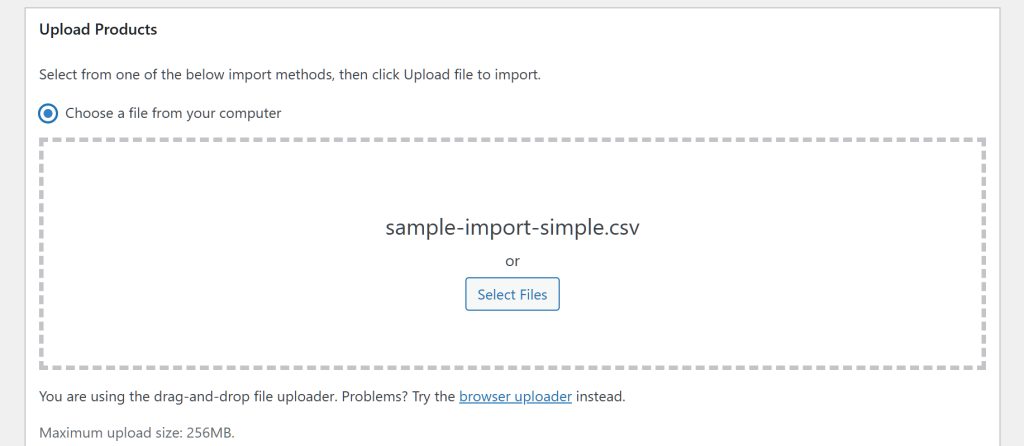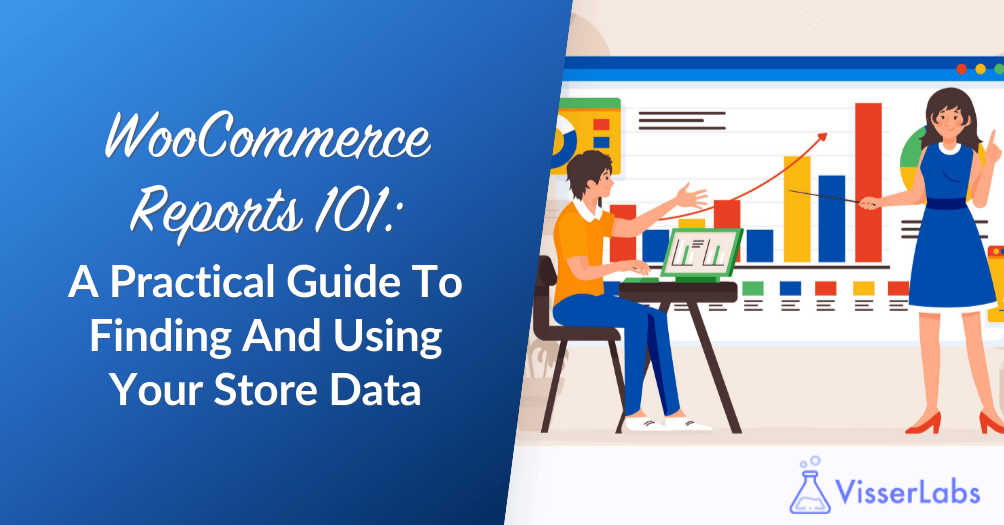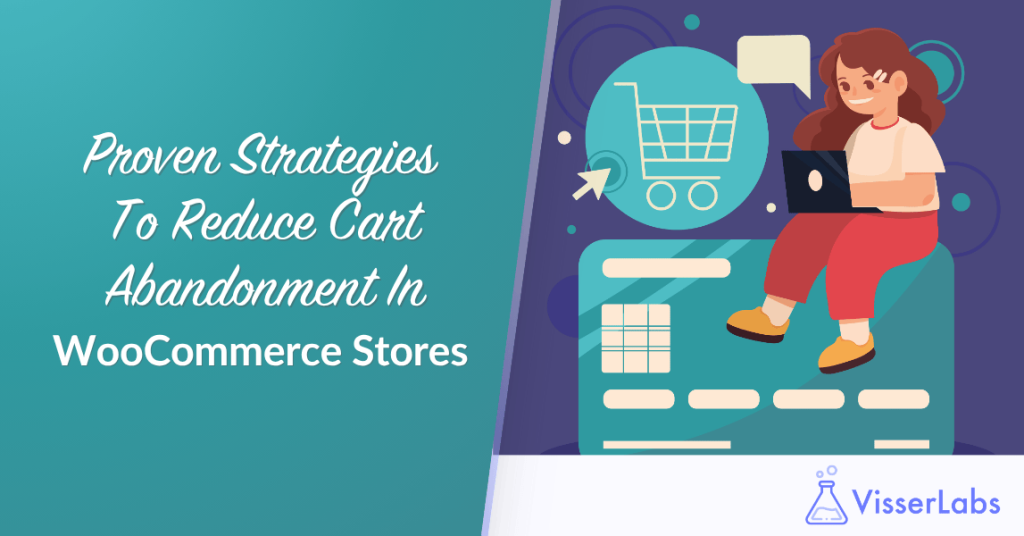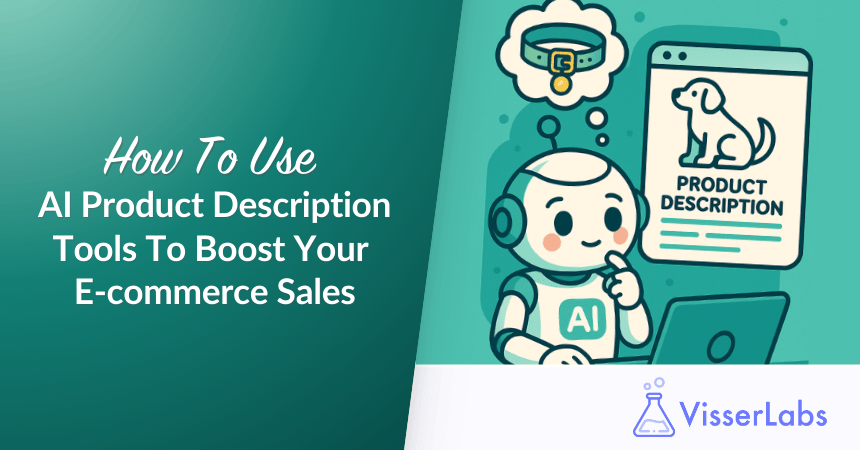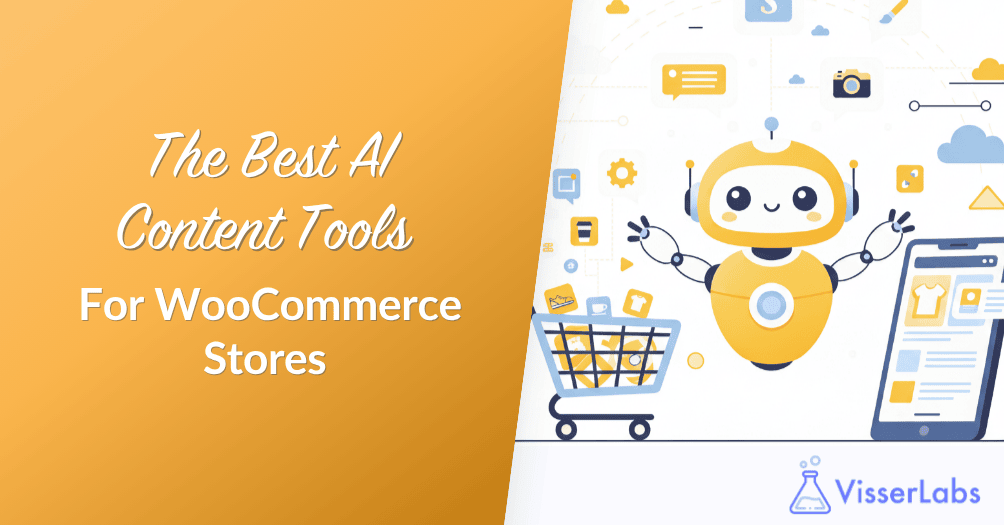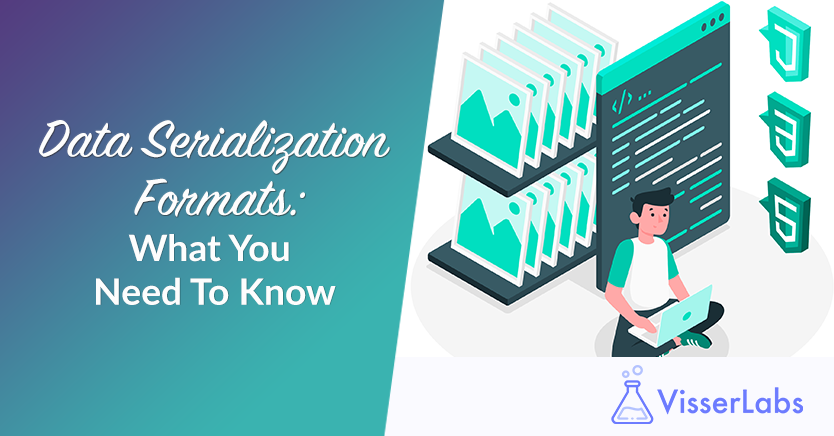
Efficient data handling can make or break a WooCommerce store. Have you ever wondered how to smoothly export products, import inventory, or connect with other platforms? The answer lies in data serialization formats.
Data serialization is a smart way to organize information for storage or sharing. When done right, it boosts your store’s performance, streamlines integrations, and supports growth.
Data serialization formats ensure your WooCommerce data is well-organized and easy to work with. They help you avoid errors, save time, and keep your store running smoothly.
Let’s dive deeper to understand how these formats work and why they’re essential for your success!
What Is Data Serialization And Why Does It Matter For WooCommerce?
Data serialization is the process of converting information into a format that can be stored or shared easily. Think of it as packaging your data neatly so it can be moved or saved without losing its structure.
This is essential for WooCommerce stores. Data serialization ensures your information stays intact. It works seamlessly for tasks like exporting orders for analysis. Additionally, it simplifies importing product lists from suppliers and syncing with third-party tools.
Some of the most common serialization formats used in WooCommerce are JSON, XML, and CSV. Each format has its own strengths, making it important to choose the right one based on your needs.
Curious about these formats? Let’s take a closer look at them next.
Overview Of Popular Data Serialization Formats
1. JSON (JavaScript object notation)
- Lightweight and easy to read
- Ideal for API integrations and real-time data exchange
2. XML (eXtensible markup language)
- Older but still reliable
- Excellent for document-style data sharing
- Preferred for systems requiring strict data validation
3. CSV (Comma-separated values)
- Simple and widely understood
- Great for spreadsheets and bulk data processing
- Perfect for exporting WooCommerce products or orders
4. Other Formats (Protobuf, Avro)
- More advanced and compact
- Best suited for high-performance applications
Each format has its unique advantages. Choosing the right one depends on what your WooCommerce store needs to achieve.
But how does this work in practice? Let’s explore real-world applications.
Data Serialization In WooCommerce: Real-World Applications
Serialization formats are more than just tech jargon—they’re essential for your store’s daily operations. Here’s how they help:
1. Exporting data for analysis
Imagine you want to analyze your store’s performance during a holiday sale. Using Store Exporter, you can generate detailed sales reports in CSV format. Then, you can open the CSV file in Excel or Google Sheets to identify best-selling products, average order values, or sales trends by category.
For more structured data needs, XML format can be used to share these insights with a business intelligence tool like Tableau.
For a complete guide on exporting WooCommerce orders in CSV or XML format, check out this article:
How To Easily Export WooCommerce Orders In CSV Or XML Format
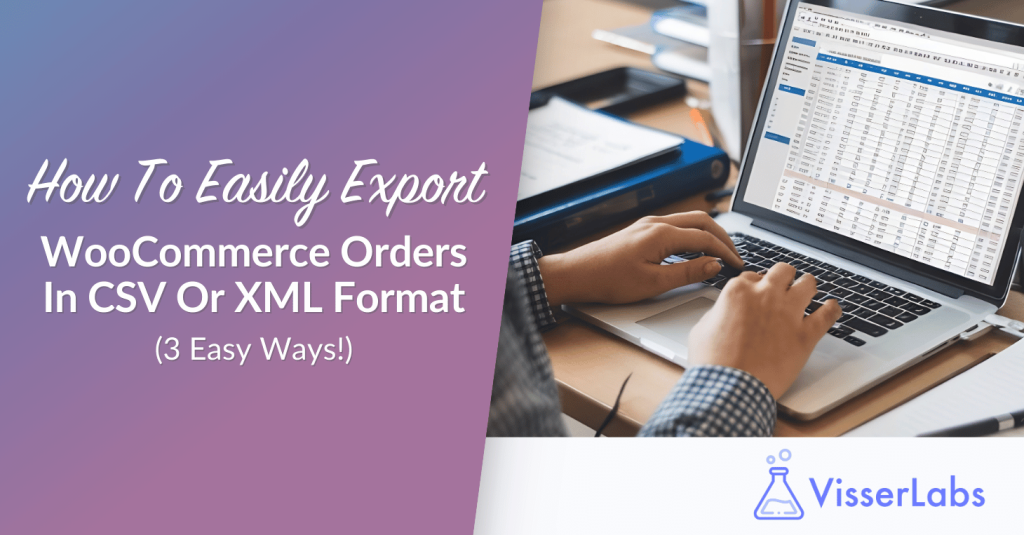
2. Importing products in bulk
Let’s say you’ve just received a product catalog from a new supplier with hundreds of SKUs. Instead of adding these products manually, you can use the Product Importer plugin.
When you format the catalog into a compatible CSV or XML file, you can upload all products in one go. This not only saves time but also reduces the risk of data entry errors.
3. Automating API-driven integrations
Suppose you want to connect your WooCommerce store to an inventory management system. Using JSON, you can set up real-time data exchanges through an API.
For example, whenever a product sells, the stock levels are updated in both WooCommerce and your inventory system. With a data transfer tool, JSON ensures the data is transferred quickly and accurately, keeping your systems in sync.
4. Streamlining dropshipping operations
If you run a dropshipping business, data serialization formats can streamline supplier integration. For example, suppliers may provide product updates in XML format.
Using Store Exporter, you can match this with your WooCommerce store’s structure, ensuring inventory and pricing stay up-to-date without manual intervention.
5. Simplifying tax reporting
When it’s time to file taxes, you can export order data in CSV format. This file can then be shared with your accountant or imported into tax software like QuickBooks.
With Store Exporter, you can filter and customize the data to meet specific tax requirements, saving time and effort.
Serialization formats are not just about technology—they directly impact your efficiency and accuracy. Now, let’s explore how to choose the best serialization format for your needs.
How To Choose The Right Format For Your WooCommerce Store
Selecting a serialization format doesn’t have to be complicated. Keep these factors in mind:
1. CSV (Comma-separated values)
- Exporting small datasets, like a weekly sales report
- Sharing product data with suppliers in an editable format
- Uploading product lists via bulk import tools
- Preparing tax reports for accountants or software like QuickBooks
- Creating spreadsheets for internal team analysis
2. JSON (JavaScript object notation)
- Transferring large datasets, such as a full inventory sync
- Connecting WooCommerce to APIs for real-time data sharing
- Automating processes, like updating stock levels with an inventory system
- Integrating WooCommerce with CRM tools like Salesforce
- Enabling mobile app communication with your WooCommerce store
3. XML (eXtensible markup language)
- Sending structured data to external systems with strict validation needs
- Integrating WooCommerce with ERP (Enterprise Resource Planning) software
- Sharing product catalogs with suppliers in a standardized format
- Transferring data to legacy systems that rely on XML
- Formatting large orders for document-based workflows
4. Other Formats (Protobuf, Avro)
- Optimizing performance for high-volume data exchanges
- Managing large-scale WooCommerce stores with thousands of daily transactions
- Communicating between advanced backend systems for speed and efficiency
- Handling compact data transfers in enterprise-grade applications
By choosing the right format for each scenario, you’ll streamline operations and ensure compatibility with tools and systems. Next, let’s tackle common challenges in WooCommerce data handling—and how to overcome them.
Common Challenges In WooCommerce Data Handling
Managing WooCommerce data can be tricky, especially as your store grows. Here are some of the most common challenges and how to address them:
1. Errors during import/export

Mismatched formats often cause errors when transferring data. For example, importing supplier data in an unsupported format, like XLS instead of CSV, can cause issues. This may lead to failed uploads or incomplete records.
2. Difficulty managing large datasets
As your store scales, managing thousands of products or orders becomes overwhelming. Large datasets can slow down manual processes or lead to timeouts during exports.
With Store Exporter, you can process data in manageable batches and schedule exports to run automatically. This keeps your operations smooth, even during peak sales periods.
3. Compatibility issues with third-party tools
Integrating WooCommerce with CRMs, ERPs, or analytics software often requires specific data formats. For instance, some tools only accept JSON, while others prefer XML or CSV. Without proper formatting, data can fail to sync.
The Product Importer and Store Toolkit from Visser Labs make this process easier. They support multiple formats, so you don’t need to worry about compatibility issues. Additionally, they ensure seamless integration with external systems.
4. Maintaining data integrity
Duplicate entries, missing fields, or broken structures can compromise data integrity. This can lead to errors in reports, inaccurate inventory counts, or failed integrations. Visser Labs tools offer validation options during imports and exports, ensuring your data is clean and reliable.
5. Time-consuming manual processes
Manually formatting or cleaning data can take hours, especially for stores handling frequent product updates or supplier changes. Automated features in tools like Product Importer and Store Exporter save time by streamlining these processes.
By addressing these issues proactively, you can focus on growing your WooCommerce store rather than troubleshooting data problems.
Conclusion
Data serialization formats might seem technical, but they are incredibly important for WooCommerce stores. They help you manage data with ease. From exporting reports to connecting with third-party tools, these formats simplify complicated tasks. They keep your store running smoothly and efficiently. Isn’t that exciting?
To make the most of data serialization for your store, here’s what you need to remember:
- What Is Data Serialization and Why Does It Matter for WooCommerce?
- Overview of Popular Data Serialization Formats
- Data Serialization in WooCommerce: Real-World Applications
- How to Choose the Right Format for Your WooCommerce Store
- Common Challenges in WooCommerce Data Handling
When you focus on these key areas, you can enjoy a solid understanding of how data serialization formats can streamline your WooCommerce store operations. Ready to make your data processes effortless? Explore Visser Labs tools today, and let us help you transform the way you handle your store’s data!
If you have questions or need guidance, feel free to reach out – we’re here to help every step of the way.

